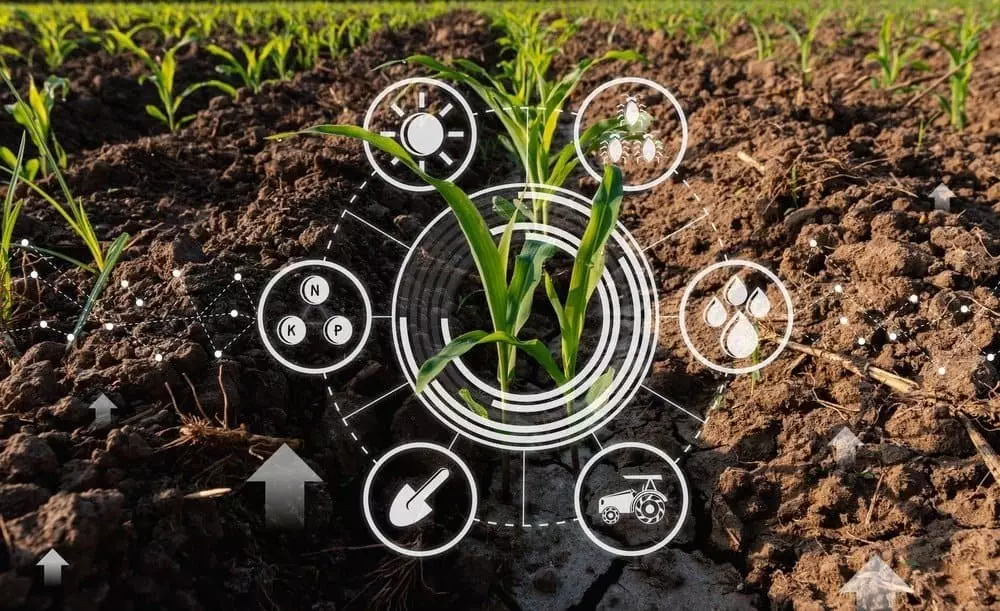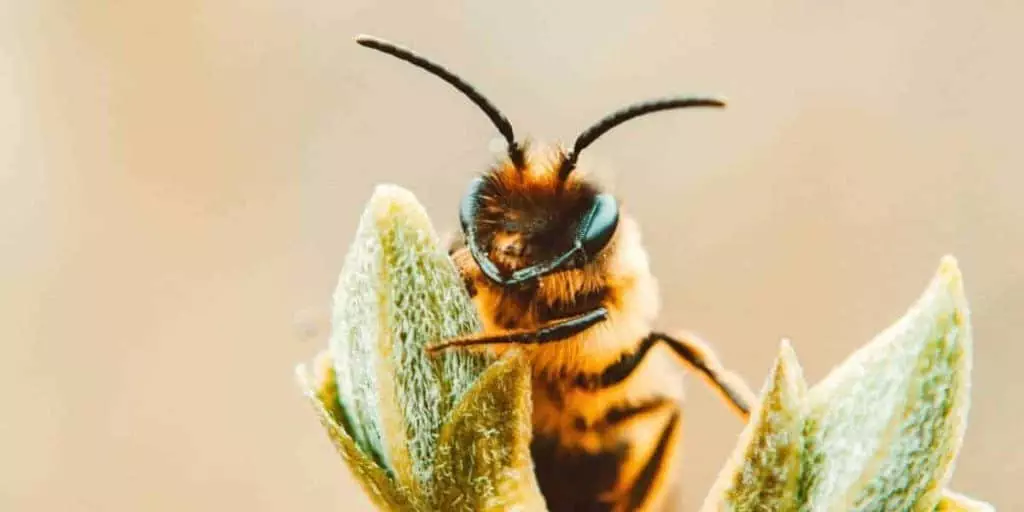tl;dr: Agricultural biotechnology is the use of scientific techniques to improve crops and livestock.
Agricultural biotechnology is a field that utilizes scientific techniques to enhance crops and livestock. By applying genetic engineering, marker-assisted selection, tissue culture, and genome editing, agricultural biotechnology aims to increase crop yield, enhance nutritional value, improve resistance to pests and diseases, and reduce environmental impact.
However, controversies surrounding genetically modified organisms (GMOs), impact on biodiversity, and the patenting of biotech crops have raised concerns. Despite these controversies, the regulation of agricultural biotechnology is in place to ensure safety and ethical practices.
The future of agricultural biotechnology holds promising advancements that can revolutionize the way we produce food and address global challenges.
What is agricultural biotechnology?
Agricultural biotechnology refers to the application of scientific techniques to improve crops and livestock. It involves the manipulation of an organism’s genetic material to enhance desirable traits, such as increased yield, improved nutritional content, and resistance to pests and diseases.
By harnessing the power of biotechnology, scientists can accelerate the breeding process and introduce specific genetic modifications that would otherwise take years to achieve through traditional breeding methods.
Benefits of agricultural biotechnology
Increase crop yield
One of the primary goals of agricultural biotechnology is to increase crop yield. By introducing genetic modifications, scientists can enhance the plants’ ability to withstand environmental stresses, such as drought, extreme temperatures, and poor soil conditions. This leads to higher productivity and more abundant harvests, ensuring food security for a growing global population.
Enhance nutritional value
Agricultural biotechnology also offers the potential to enhance the nutritional value of crops. Through genetic engineering, scientists can introduce genes that increase the levels of essential nutrients, such as vitamins and minerals, in crops. This can help address nutritional deficiencies and improve the overall health of consumers.
Improve resistance to pests and diseases
Pests and diseases pose significant threats to agricultural productivity. Agricultural biotechnology provides a solution by developing crops with enhanced resistance to these challenges. By introducing genes that produce natural insecticides or enhance the plants’ immune systems, scientists can reduce the reliance on chemical pesticides and minimize crop losses.
Reduce environmental impact
Traditional agricultural practices often have negative environmental consequences, such as soil erosion, water pollution, and greenhouse gas emissions. Agricultural biotechnology offers sustainable alternatives by developing crops that require fewer chemical inputs, such as fertilizers and pesticides. This reduces the environmental impact of agriculture and promotes more sustainable farming practices.
Types of agricultural biotechnology
Genetic engineering
Genetic engineering is a widely used technique in agricultural biotechnology. It involves the direct manipulation of an organism’s DNA to introduce specific traits. Scientists can insert genes from other organisms, such as bacteria or other plants, into the target organism’s genome. This allows for the transfer of desirable traits, such as resistance to pests or tolerance to herbicides.
Marker-assisted selection
Marker-assisted selection is a technique that helps breeders select plants or animals with desired traits more efficiently. It involves identifying genetic markers that are linked to specific traits of interest. By analyzing the presence or absence of these markers, breeders can predict the presence of desired traits in offspring without the need for time-consuming and costly phenotypic evaluations.
Tissue culture
Tissue culture, also known as micropropagation, is a technique used to produce large numbers of genetically identical plants from a small piece of tissue. This method allows for the rapid multiplication of plants with desirable traits, such as disease resistance or high yield. Tissue culture is particularly useful for propagating plants that are difficult to reproduce through traditional methods, such as orchids or certain tree species.
Genome editing
Genome editing is a cutting-edge technique that enables scientists to make precise changes to an organism’s DNA. It involves the use of molecular tools, such as CRISPR-Cas9, to target specific genes and modify or delete them. Genome editing holds great potential for agricultural biotechnology, as it allows for the development of crops with precise genetic modifications, such as improved nutritional content or enhanced disease resistance.
Controversies surrounding agricultural biotechnology
Concerns about genetically modified organisms (GMOs)
Genetically modified organisms (GMOs) have been a subject of controversy and debate. Some individuals express concerns about the potential long-term effects of consuming GMOs on human health. However, extensive scientific research and regulatory assessments have consistently shown that GMOs are safe for consumption. Regulatory bodies, such as the Food and Drug Administration (FDA) in the United States, have established rigorous testing and labeling requirements to ensure the safety of GMOs.
Impact on biodiversity
Another concern surrounding agricultural biotechnology is its potential impact on biodiversity. Critics argue that the widespread cultivation of genetically modified crops could lead to the loss of native plant varieties and disrupt ecosystems. However, proponents of agricultural biotechnology argue that the technology can be used responsibly to preserve biodiversity by developing crops that require fewer inputs and reduce the need for land conversion.
Patenting of biotech crops
The patenting of biotech crops has also raised ethical concerns. Critics argue that granting patents on genetically modified organisms allows corporations to monopolize the agricultural industry and restrict farmers’ access to seeds.
However, proponents argue that patents incentivize innovation and provide a means for companies to recoup their research and development investments.
Regulation of agricultural biotechnology
To ensure the safety and ethical use of agricultural biotechnology, governments around the world have implemented regulations and oversight mechanisms. These regulations vary by country but generally involve rigorous testing and evaluation of genetically modified crops before they can be commercialized.
Regulatory bodies assess the potential risks to human health and the environment and require labeling of genetically modified products to provide consumers with information.
The future of agricultural biotechnology
The future of agricultural biotechnology holds great promise for addressing global challenges. Advancements in genetic engineering, genome editing, and other biotechnological tools will enable scientists to develop crops with improved nutritional content, enhanced disease resistance, and increased tolerance to environmental stresses. These innovations have the potential to revolutionize the way we produce food, making agriculture more sustainable, efficient, and resilient.
Conclusion
Agricultural biotechnology is a powerful tool that can help address the challenges of feeding a growing global population while minimizing the environmental impact of agriculture. By utilizing techniques such as genetic engineering, marker-assisted selection, tissue culture, and genome editing, agricultural biotechnology offers the potential to increase crop yield, enhance nutritional value, improve resistance to pests and diseases, and reduce the reliance on chemical inputs. While controversies and concerns exist, the regulation of agricultural biotechnology ensures safety and ethical practices. The future of agricultural biotechnology holds exciting possibilities that can transform the way we produce and consume food.
FAQs
What are the examples of agricultural biotechnology?
Examples of agricultural biotechnology include genetically modified crops, tissue culture, and marker-assisted breeding.
What careers are associated with agricultural biotechnology?
Careers associated with agricultural biotechnology include agricultural scientist, biotechnologist, genetic engineer, and plant breeder.
What type of biotechnology is commonly used in agriculture farming?
The type of biotechnology commonly used in agriculture farming is genetic engineering, which involves modifying the genetic makeup of plants and animals.
Which is the most useful aspect of agriculture biotechnology?
The most useful aspect of agriculture biotechnology is the development of genetically modified crops that are resistant to pests, diseases, and environmental conditions, leading to increased crop yields and food production.
Originally posted 2023-08-31 07:08:33.




